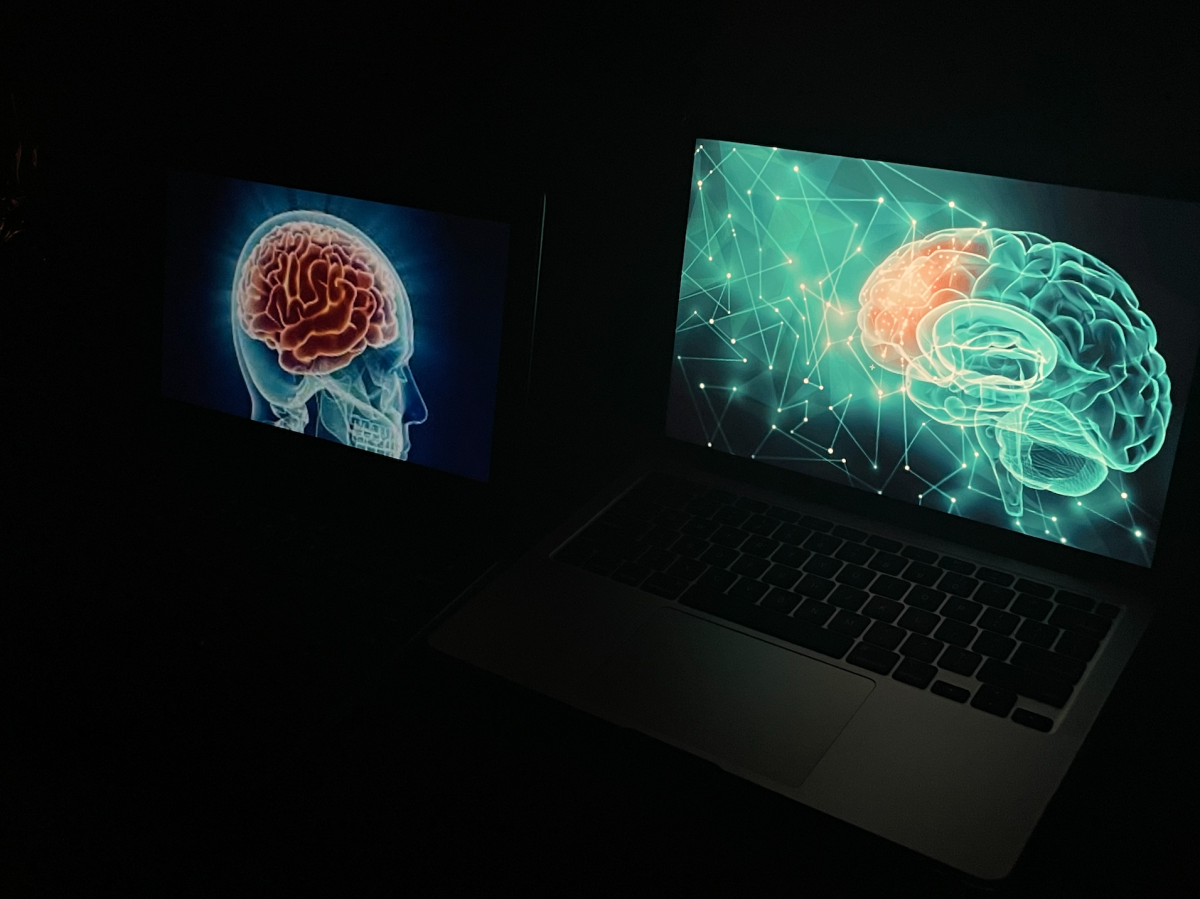When people think of technological advancements, some think of The Matrix, others scientific breakthroughs, but ubiquitously, Elon Musk comes to most people’s minds.
Finding himself the center stage of dystopian technology, Musk has continuously concocted concepts surrounding AI-based technology and more lately, has sought to develop a symbiotic relationship between the human brain and technology, extending far beyond anything medical engineers have invented.
Recently, Musk has been pushing his newest creation, the brain chip “Neuralink,” through the stages of an independent review board’s approval process. Neuralink’s basis revolves around a chip being surgically implanted by a robot into the frontal lobe, the part of the brain that controls the intention to move. Then, the chip will record and send brain signals to its respective app, where it’ll fulfill the initial goal outlined by Musk, “to grant people the ability to control a computer cursor or keyboard using their thoughts alone.”
The independent review board cleared Neuralink, allowing Musk to begin human trials. Neuralink is set to begin offering the chip implants to paralysis patients through a study called PRIME (Precise Robotically Implanted Brain-Computer Interface).
The clearing of Neuralink, along with the very basis of its creation, has been heavily criticized by people across the globe. Some argue that its implantation in paralysis patients is unethical and invasive, violating a form of moral standard. Others fear that the implant could have negative effects on human brain function, given that there are no complications in surgery in the first place.
Musk’s push on brain-technology symbiosis heralds concern amongst people outside of just the possible side-effects of the implant, but rather worry that this implant could signal a new world view on the subject of human autonomy, and whether or not technology, to this extent, has a place in the human body.








